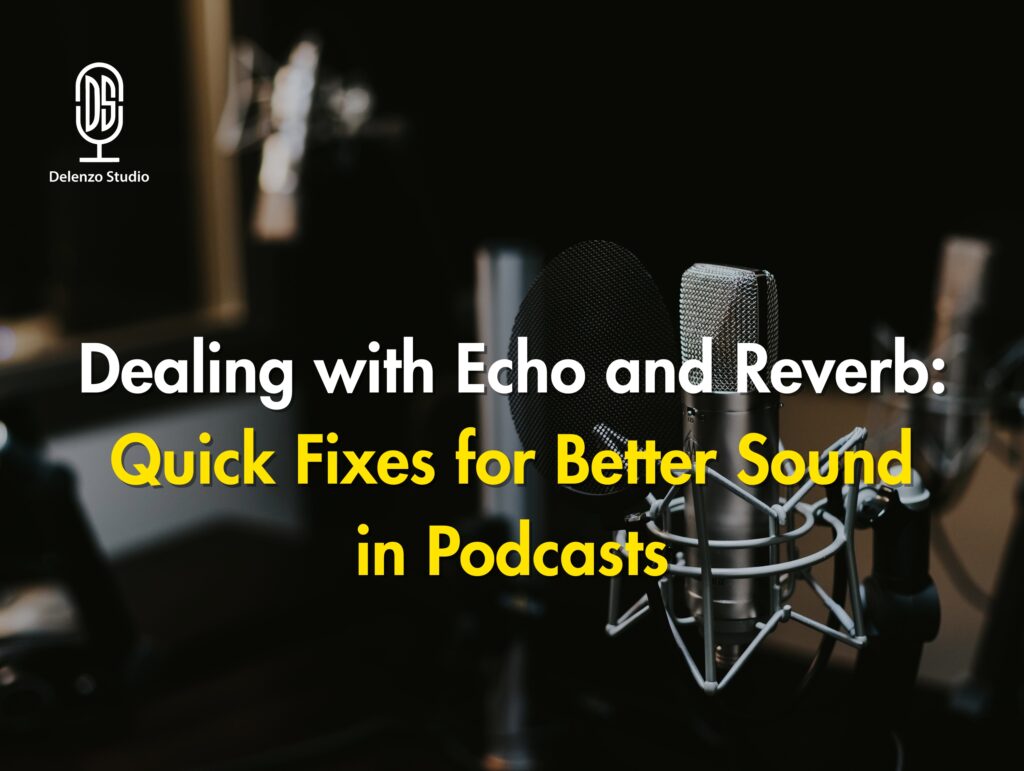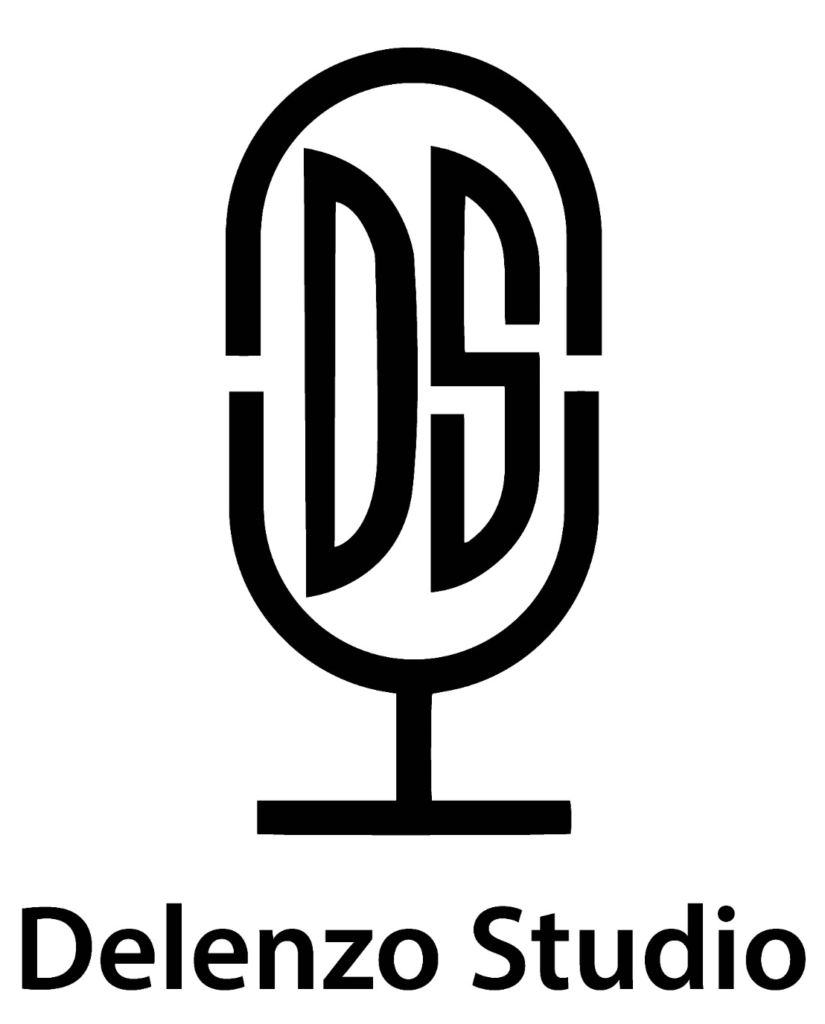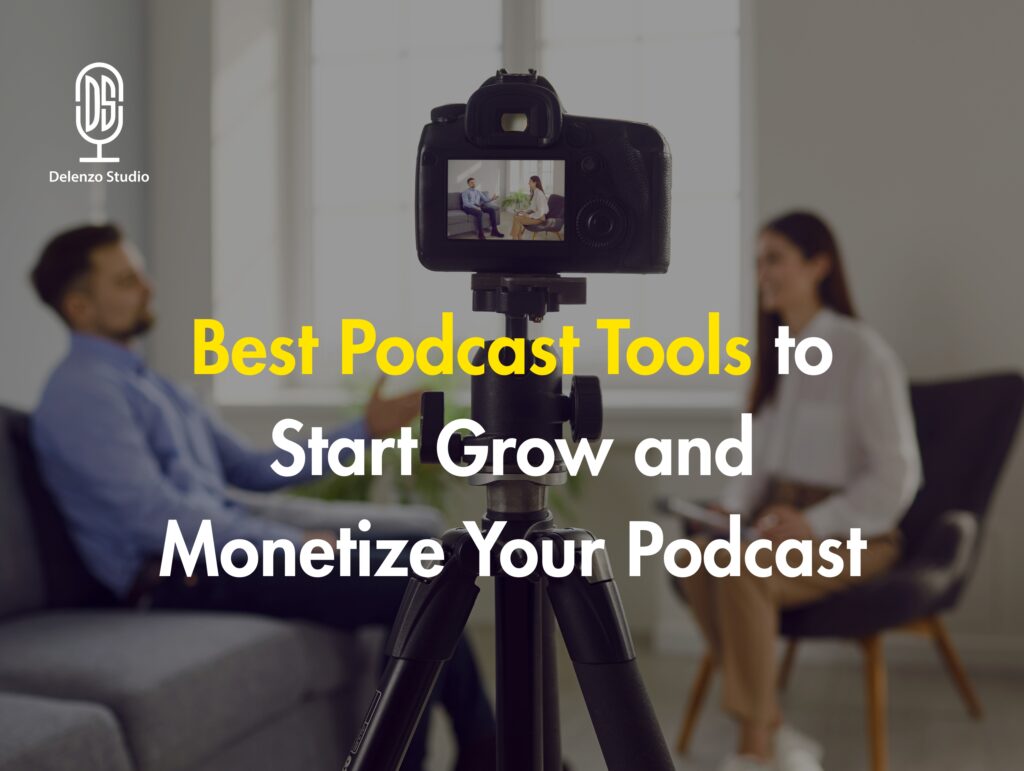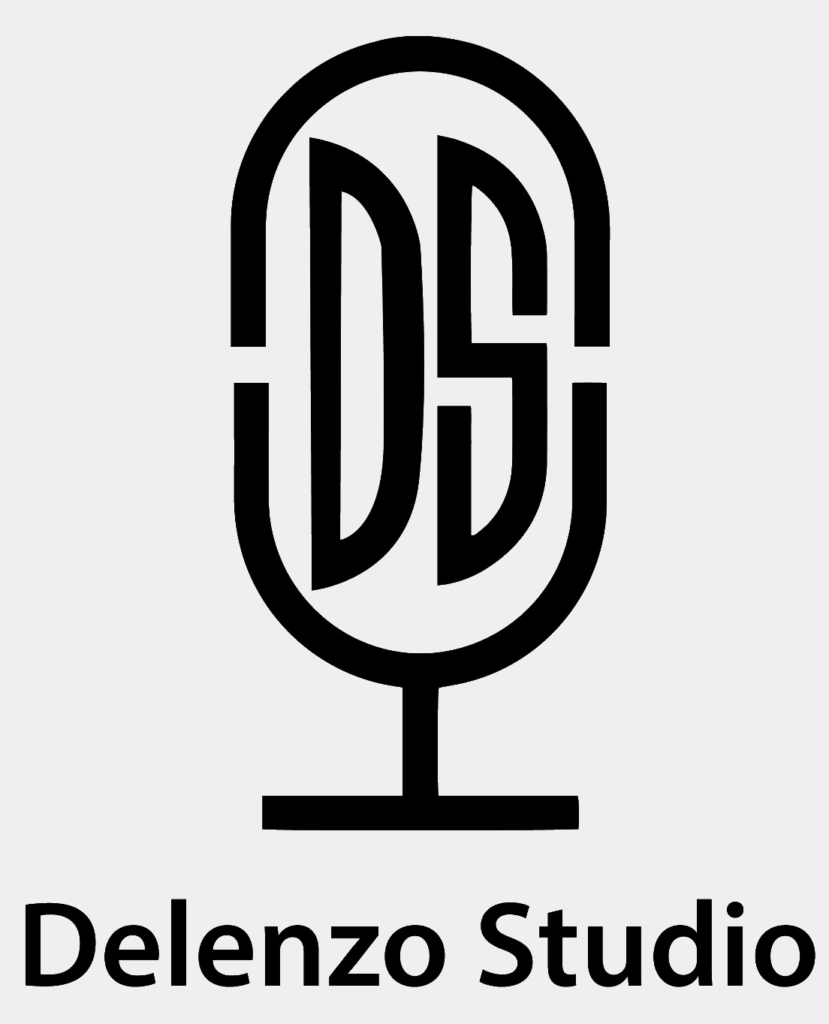
When recording podcasts, it is necessary to capture clear and crisp sound in podcast episodes to keep your audience engaged. Unwanted echo and reverb are one of the most common issues that surround many podcasters. They can make your recording sound distant or vague. These audio issues not only contribute to a decreased quality of your podcast, but they can also make the podcast difficult to follow. As a new or experienced podcaster, echo and reverb are essential issues to fix to ensure clean, professional sound.
This article will discuss the reasons why echo and reverb occur in podcasts and provide some simple solutions on how to improve your sound quality. Additionally, these tips can help you improve the production quality of your podcast to give your listeners a more impressive experience.
What Causes Echo and Reverb in Podcasts?
An echo is when the sound is reflected to you in a clear way, such as when you hear your voice echo through a large empty space. Reverb is the combination of a large number of minor reflections, which forms sound to appear thicker and spacious. They both occur due to the reflection of the sound which reflects off the hard surface, such as the wall, floors, and ceiling. These reflections may distort the audio in a recording studio, resulting in hollow/echo-like sound.
Reverb is likely to happen when you record sound in big or empty rooms. A room that is not appropriately treated leaves sound waves that have nowhere to absorb. Hence, this causes undesired reflections. Even a podcast microphone that is too sensitive can pick up these reflections, which makes the problem worse. Learning about the causes will enable you to take intuitive measures to prevent them.
Quick Fixes for Echo and Reverb in Podcasts
Handling echo and reverb in podcasts is a bit challenging. However, there are some simple solutions that can enhance the outcome of your sound recording. Subsequently, with a few modifications to your recording system, you can greatly diminish or even eradicate these sound problems.
1. Choose the Right Recording Space
The first way of having a better sound in your podcast is selecting a suitable recording studio. You should always choose a small room that is filled with soft furnishings such as carpets, curtains, and upholstered furniture. They are used as sound-absorbing materials that minimize reverb. Do not use large empty rooms with hard surfaces because the room magnifies the sound and it will echo.
When you desire both clear audio and clear visuals on your material, a professional video studio also comes in handy. Otherwise, arrange your home setting using the correct studio background. This will provide a distraction-free atmosphere and a constantly clear and high-quality sound. A multipurpose event space can also serve as a recording creative pad.
2. Use Proper Soundproofing
The quality of soundproofing your recording environment is a critical component in managing the sound in podcasts. Installing soundproof walls or panels raises the clarity of audio. It assists in blocking the background noise, which usually distorts recordings. The best way to absorb sound if you’re recording at home is to use foam panels, carpets, or even DIY methods like blankets. When it comes to podcasts, high-quality microphones will have the tendency to capture every little bit. It is necessary to minimize unwanted reflections.
Proper soundproofing ensures that your microphone captures only clear, refined audio. Instead, by establishing controlled silence within your space. This creates a pleasant listening environment to your audience without any distractions or interruptions.
3. Optimize Microphone Placement
The position of the microphone is also important in bringing out the echo. Hold your podcast mic at the proper distance away from your mouth so that it does not pick up any reflections of its sound on nearby surfaces. A microphone for podcasts must face your voice without looking into the places where sound will reflect easily, like room corners. Experiment with moving positions to locate the best one that gives the highest quality of sound recording, and reverb is minimal.
4. Use Quality Equipment
To reduce sound issues, high-quality equipment must be used. You should buy an excellent audio device for podcasts that is meant to capture clean, precise sound recordings. A cardioid pattern professional studio microphone is best. It captures sound mostly in the front and ignores the noise in the side and the back. Further, make your audio recording software up to date. It is set up in a way that it can embrace optimal audio for your podcast.
5. Fix in Post-Production
If a little echo or reverb is still coming through your audio, there are post-production options to patch it up. Audio editing software will allow you to edit reverb and background noise. Most instruments have preset options to remove background noise and minimize reverb. As an example, you can adjust your equalization (EQ) settings. You can also use noise gates, which can help you make your sound clearer by eliminating the reflections. Though editing the audio in post-production is not a perfect solution, it will effectively enhance the sound in podcasts.
Professional Solutions for Persistent Issues
When one continuously experiences problems with echo and reverb, contact an expert in media production or a skilled sound engineer. They are well-equipped to offer custom solutions, like a video studio or specialized studio, for your podcasts. Such specialists may assist you in achieving the best sounding results. They do this by guiding you on the most favourable recording conditions, the application of high-tech equipment, and hints about the microphone positions. A podcast recording studio set up by an experienced engineer can drastically improve the sound quality of your podcast. This holds true even when you are recording in the comfort of your homeAre you done with uneasy recordings at home due to echo and reverb? It is time to move on to the next level of the recording. Check Delenzo Studio when you are searching for a professional podcast studio near me. You will have access to state-of-the-art equipment, expert sound engineering, as well as an acoustically-treated studio that is podcaster-friendly. Book your session and record crystal clear sounds that make your podcast shine.
Best Practices to Maintain Clean Audio
Clean audio is a mandatory parameter of every podcast, and echo and reverb should never enter into it. Check your recording environment frequently to ensure that there is no potential source of noise in the environment and correct it. Always use high-quality equipment and microphones when creating your content. It ensures that your recording comes out sharp and polished. The recording space should be well organized and free of clutter so that any sound reflection is unwanted. Ensure that you update your equipment and software on a regular basis. Moreover, select your podcast audio file format and keep a high quality of sound, and avoid problems with playback on all platforms.
Final Thoughts
To sum it up, echo and reverb may have a profound effect on the sound of your podcast recording. This may cause your audience to have a hard time following your content. But when you have the correct strategies in action, you can eliminate or decrease these problems. Pick an optimal recording room, soundproof your area, position your mic appropriately, and utilize quality sound gear to get the best audio possible. Fix issues in post-production/or consult a professional when the issues are unresolvable. These tips will help you get started on creating top-quality podcasts that will attract your listeners with crisp audio.
FAQS
The most convenient way of eliminating echo is to apply soundproofing or acoustic treatment during the recording. Take advantage of the post-production tools to enhance the sound quality of your podcast. Audacity and Audio Audition are programs that are useful in noise reduction.
Yes, it is possible to clean up bad audio using editing software. Audio Audition and Audacity, as well as compression and noise reduction, make things clearer. Despite this, you may still find it challenging to fix heavily distorted or poorly recorded sound.
Yes, professional studios are highly recommended since they offer a modern and well-equipped premise. Such an arrangement enables you to record your podcast hassle-free. The facilities present in these studios, which include soundproofing, good microphones, advanced audio facilities, lighting, and other editing, are tough to set up at home. These advantages guarantee a high-quality recording process.



